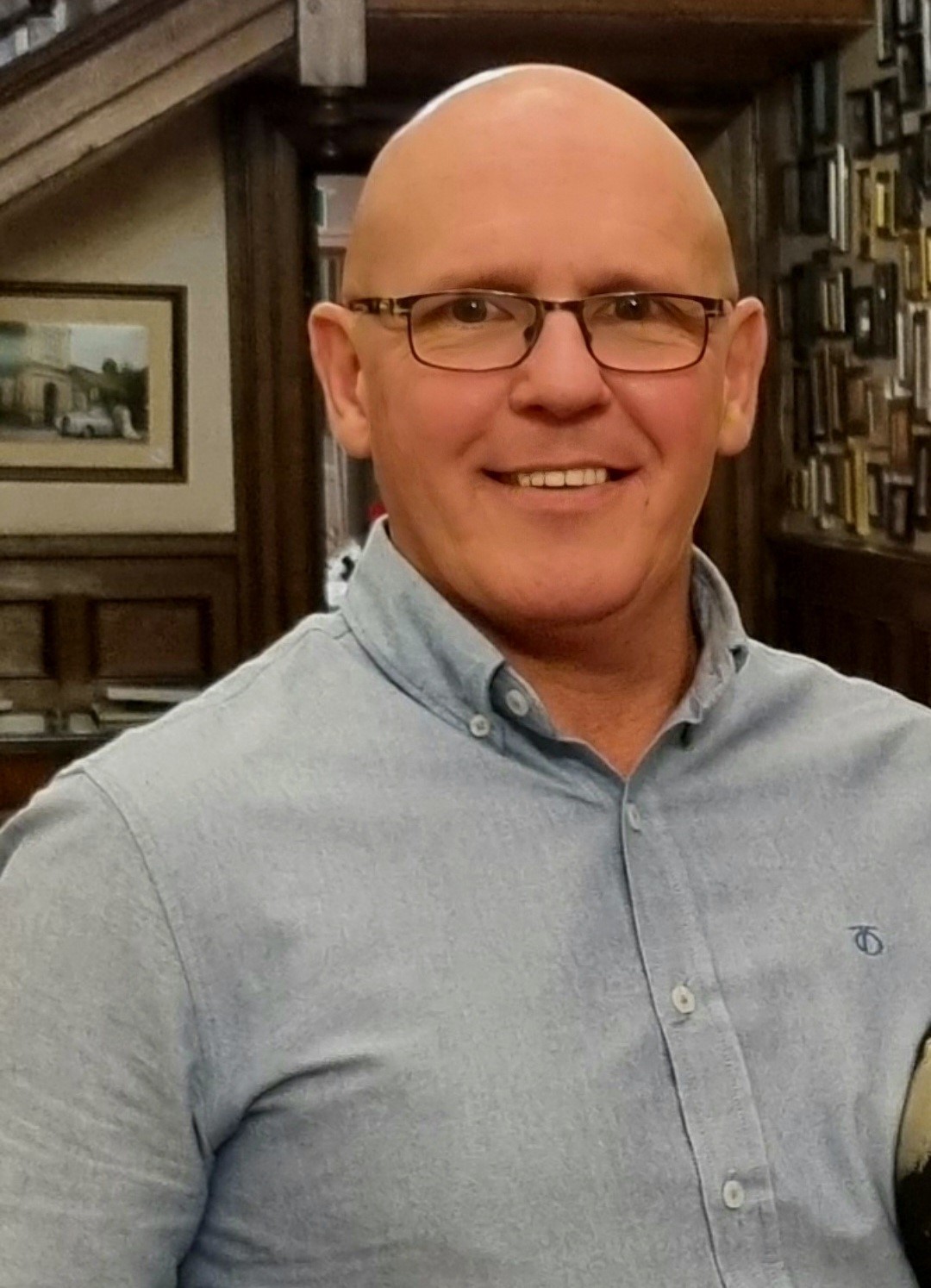Published on: 17th June 2022
Our new service has supported more than 150 people living with complex physical, emotional and cognitive problems following covid.
Our psychological medicine post-covid service supports people living in Bury, Oldham, Stockport, Heywood, Middleton and Rochdale, and Tameside and Glossop.
Dr Sam Wintrip, consultant clinical psychologist, said: “If you feel like your life has changed after having covid, you are not alone. For a number of people, symptoms such as fatigue, breathlessness, pain or difficulty concentrating have lasted beyond several months.
“Many have told us that living with something which affects their ability to do what’s important to them – whether that’s work, being a parent or a friend, playing sports or even just being able to relax and enjoy things – has left them feeling like ‘I am not me anymore’ and worrying that they never will be again.”
The service, which works with specialist assessment and rehabilitation services for people living with persisting symptoms following covid, provides support for mental health and psychological difficulties.
 Danny Barnes, who is 58 years old and from Oldham, caught covid in July 2020 and has received support, said: “Before covid I’ve always thought of myself as someone who was both strong physically and mentally. I’ve always trained at the gym and I use to cycle 30 miles every weekend.
Danny Barnes, who is 58 years old and from Oldham, caught covid in July 2020 and has received support, said: “Before covid I’ve always thought of myself as someone who was both strong physically and mentally. I’ve always trained at the gym and I use to cycle 30 miles every weekend.
“Earlier this year things did get worse for me. I felt that covid had taken everything away from me, everything in life that brought me joy and happiness. I got to the point where I started to plan how to kill myself. Fortunately, at that point, I went to Royal Oldham Hospital and received support from the liaison mental health team in A&E.
“I was referred to this new service and saw a psychiatrist initially and then I was referred to John, a therapist. I met John face-to-face every week at the start. I thought I was broken and weak; but he’s given me the tools to understand what has happened to me, to process my thoughts and emotions. This service has been absolutely amazing; they have saved my life.”
Experiencing anything life changing – even in ways that aren’t obvious to others - can have an impact on your mental wellbeing and can feel very isolating.
Dr Sam Wintrip adds: “Feeling hopeless about getting better, or alone and facing a mountain, might make it hard to stick to things which make gradual changes in the right direction. Taking the first step and asking for help, even if it’s the last thing you’d normally do, can be one of the most responsible things you can do for your own health.
“Our service has been commissioned to offer mental health support for people with persistent symptoms post-covid, which includes evidence-based psychological therapies. We might not be able to take away the physical effects yet, but right now we can help find ways to live around them so that people affected by this condition can begin to feel more like themselves.
If you are 18 and over and feel that you would benefit from the support of this service, any health and social care professional, including GPs, involved in your care can make a referral on your behalf.
You can find out more about the service at www.penninecare.nhs.uk/postcovid